Studies which seek to better understand Ketamine’s profile in relation to it’s therapeutic application are a net benefit to the industry and patients alike, however it is also important to note that this study was terminated early, featured a small sample size (12 people), and might benefit from replication. Additionally, it may be possible that the dissociative effects of ketamine are not mediated by the opioid system but rather just require it to be healthy and active, in relation to achieving antidepressant benefits.
Yale psychiatrist, Gerard Sanacora, who studies Ketamine., said the following about the study’s findings: “Everybody can be quick to jump to the conclusion that, ‘Oh it’s working through the system, but this study doesn’t show that at all. It just shows that normal functioning of the system seems to be necessary to get the effect.”
Dr. Mark Murphy, Medical Director at Ketamine Wellness Centers, had the following to say in reaction to the study:”This is a very small study that makes a suggestion of Ketamine involvement with opioid receptors. Nothing more. Show me the actual pharmacodynamics (i.e., how it acts cellularly in the opioid system). Here are the facts: Ketamine has been safely used in the anesthetic setting for decades simply because it doesn’t carry the risks that are characteristic of opioids. The European Monitoring Centre for Drugs and Drug Addiction noted 12 deaths related to Ketamine between the years 1987-2000. Three of those twelve deaths involved Ketamine as the sole substance. In 2016 alone in the US, there were 42,249 deaths related to opioid abuse. Ketamine is incredibly safe and if it is found to have physiologically similar benefits, without the addiction potential of opioids, it further supports its efficacy and safety.”
It should also be mentioned that two of the authors on this paper held consulting roles with Allergan, Johnson & Johnson, and VistaGen, all pharmaceutical corporations currently developing Ketamine-esque drugs for the treatment of Depression.






